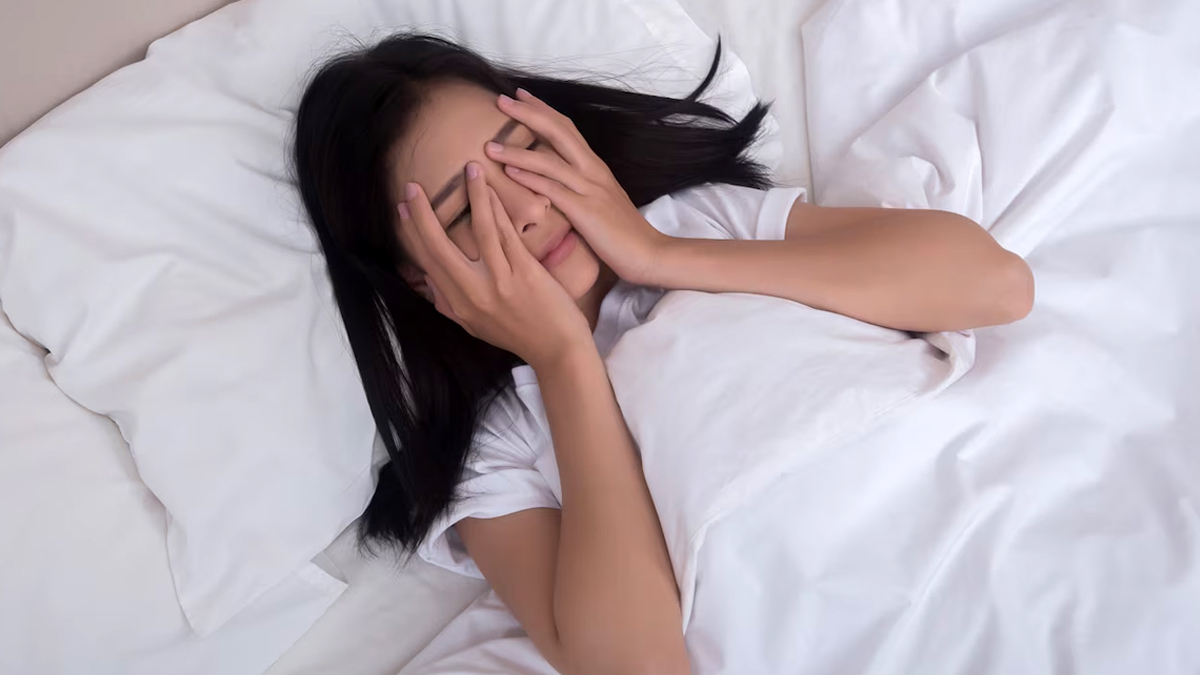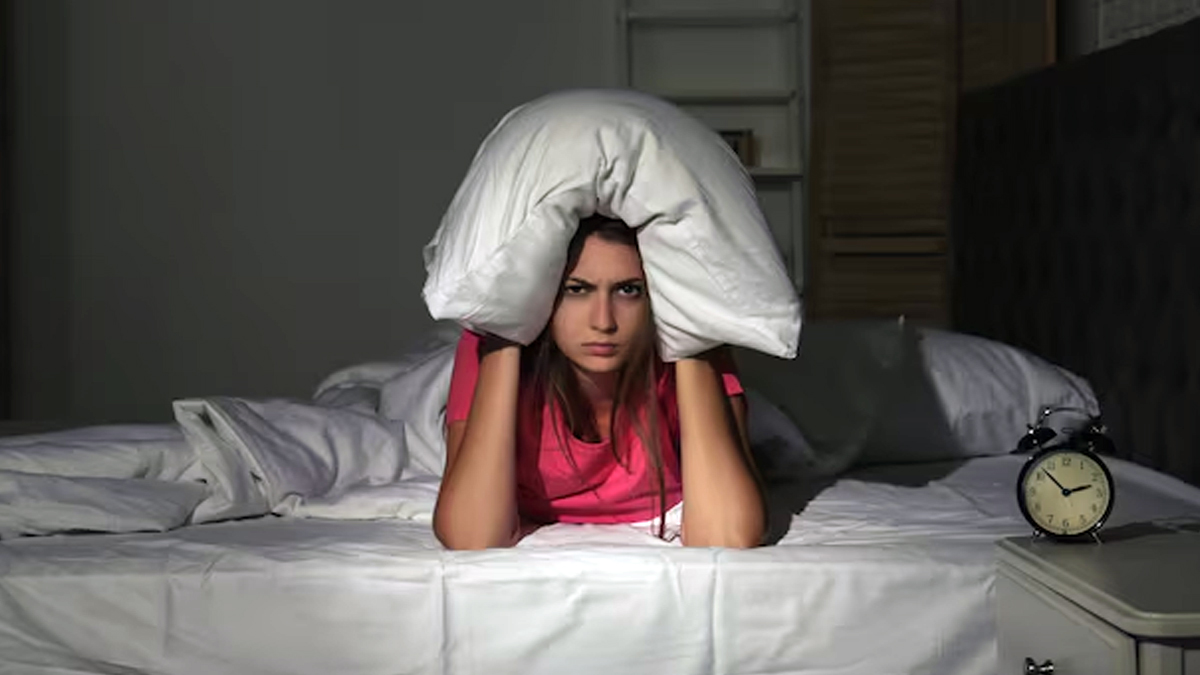
Imagine waking up every morning feeling paralysed by fear, unable to move or speak. This was the reality for Apoorva Mukhija, The 24-year-old social media influencer, also known as The Rebel Kid was trolled all over the internet and received rape threats from trollers. After dealing with all the negativity, Apoorva recently shared her emotional journey, revealing how she battled sleep paralysis amidst the turmoil.
Table of Content:-
Her story highlights the psychological toll of public scrutiny and the importance of mental health support. As she opens up about her struggles, let's explore what sleep paralysis is and how it can be prevented.
“I Would Have Sleep Paralysis Because…”: Apoorva Mukhija
View this post on Instagram
After the backlash, Apoorva broke down in tears as she recalled waking up every day to new challenges and fears, which often led to episodes of sleep paralysis. In her YouTube video, she described how the constant barrage of negative news and threats left her feeling paralysed by fear, unable to move or speak upon waking. Despite the support of her friends, who reassured her that everything would be fine, Apoorva felt lost and helpless.
“Every single day that I would wake up, something new would be happening. I would have sleep paralysis because I would be scared. Every time I would wake up there is some news,” she shared in the video. Her experience highlights the psychological toll of public scrutiny and the importance of addressing mental health issues during such challenging times.
Understanding Sleep Paralysis![sleep paralysis 1 - 2025-04-10T125123.911]()
Sleep paralysis happens when you are awake but unable to move or speak while falling asleep or waking up. Dr Salil S Bendre, Director - Pulmonology, Nanavati Max Super Speciality Hospital, Mumbai, explains that sleep paralysis is a temporary condition where your body remains still even though your mind is alert.
Episodes typically last a few seconds to a couple of minutes and can involve hallucinations, such as seeing shadows or feeling pressure on your chest. Stress, lack of sleep, and certain sleep disorders often trigger this condition. Apoorva Mukhija experienced frequent sleep paralysis due to the emotional distress she faced during the India’s Got Talent controversy.
Sleep Paralysis Prevention Tips
Dr Bendre shares five effective ways to prevent sleep paralysis:
- Stick to a Routine: Go to bed and wake up at the same time every day, even on weekends. This helps regulate your sleep pattern.
- Get Enough Sleep: Aim for 7-9 hours of sleep each night to avoid sleep deprivation.
- Relax Before Bed: Practice stress-reducing techniques like meditation, deep breathing, or yoga to calm your mind.
- Create a Sleep-Friendly Environment: Make your bedroom cool, dark, and quiet. Invest in a comfortable mattress and pillows.
- Avoid Stimulants Before Bed: Limit caffeine and nicotine intake before bedtime, as they can disrupt your sleep.
What to Do During a Sleep Paralysis Episode![apoorva makhija sleep paralysis 2 - 2025-04-10T125125.257]()
If you experience sleep paralysis, remember it's temporary and will pass. Here’s what you can do:
- Stay Calm: Avoid panicking and focus on remaining calm.
- Breathe Deeply: Concentrate on slow, deep breaths to calm your mind and body.
- Move Gradually: Start by wiggling your fingers or toes. Gradually increase movement until you can fully move your body.
- Reassure Yourself: Remind yourself that the episode is harmless and will soon end.
Conclusion
Experts suggest that addressing underlying psychological issues is crucial for managing sleep paralysis. Therapy can help manage stress and anxiety, reducing the likelihood of episodes. Apoorva Mukhija's experience with sleep paralysis during a time of intense public controversy serves as a reminder of the importance of mental health support. Her bravery in sharing her story encourages others to prioritise their well-being and seek help when needed.
How we keep this article up to date:
We work with experts and keep a close eye on the latest in health and wellness. Whenever there is a new research or helpful information, we update our articles with accurate and useful advice.
Current Version

